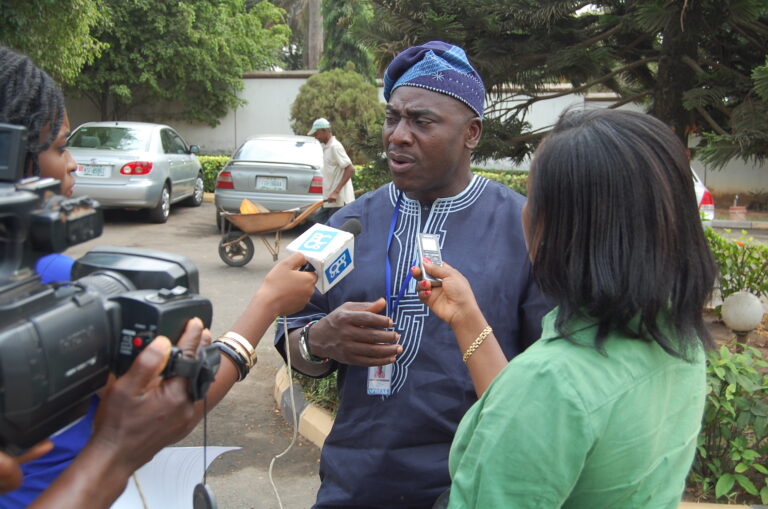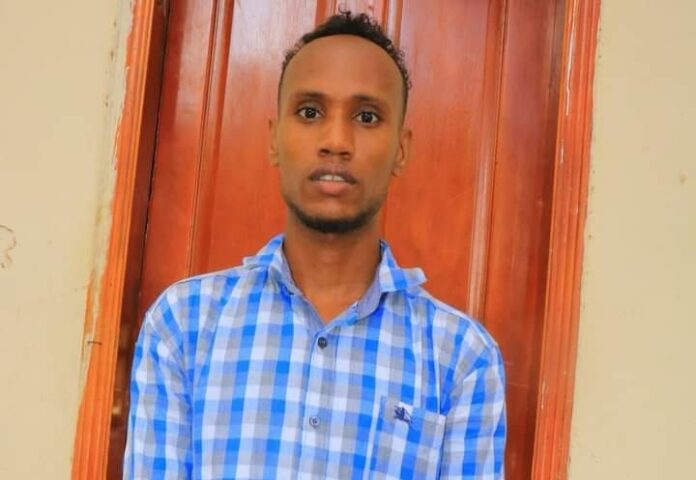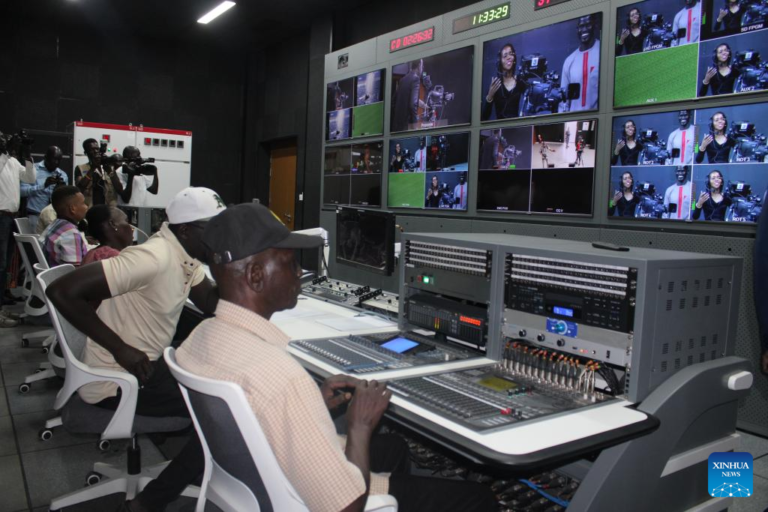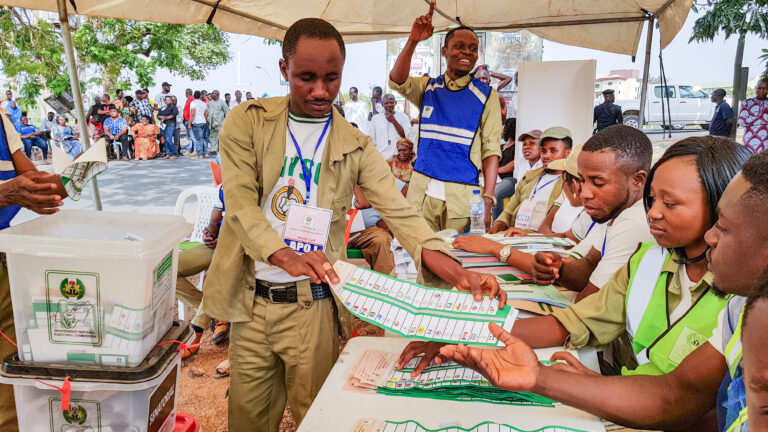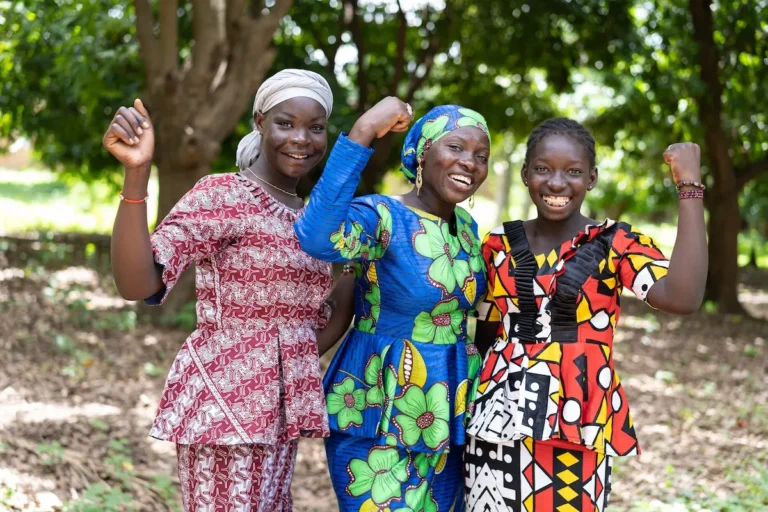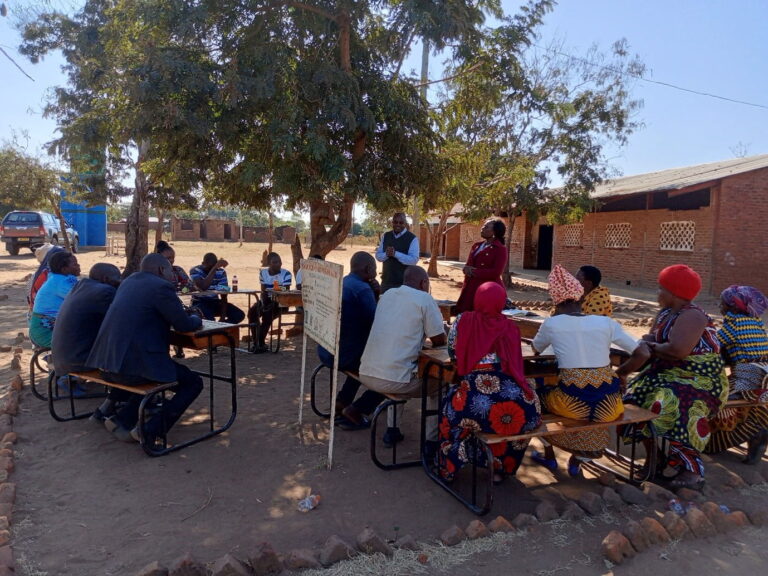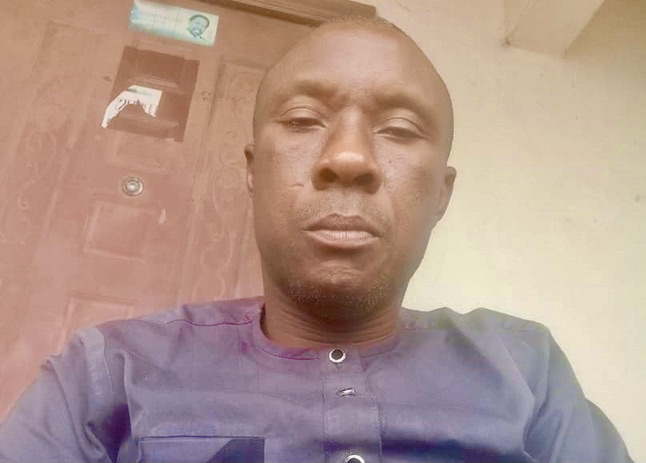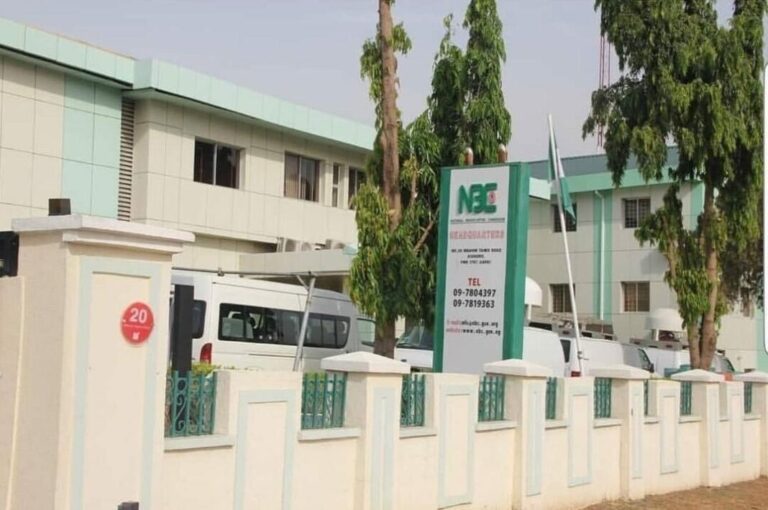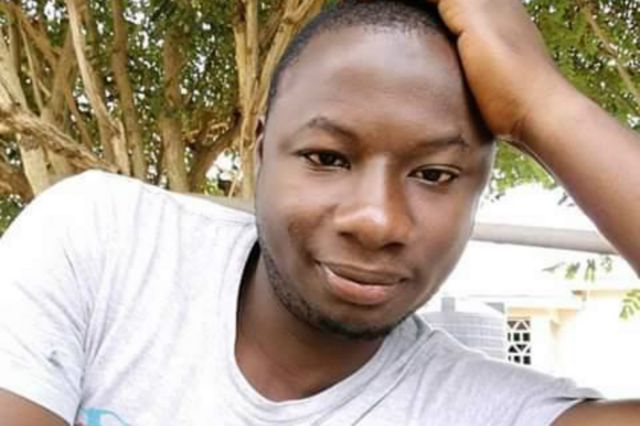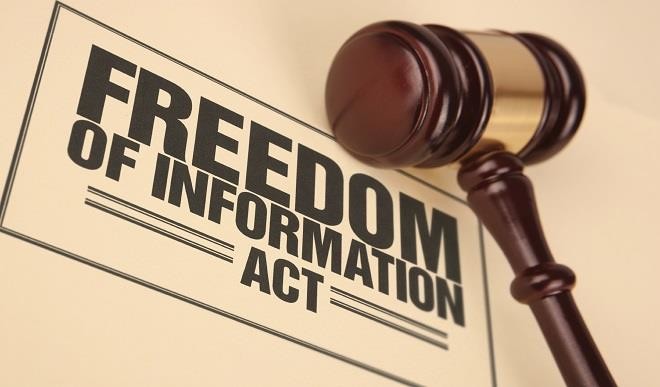Transparency and accountability are fundamental pillars of good governance. Transparency ensures that government processes, decisions, and data are open and accessible to the public, fostering trust and informed participation in the democratic process.
Conversely, accountability guarantees that public officials are answerable for their actions, with mechanisms in place for oversight and redress when necessary.
The Africa Freedom of Information Centre (AFIC) emerges as a crucial player in upholding these principles across the African continent. As a pan-African network, AFIC champions the right to information, advocating for policies and practices that strengthen both transparency and accountability.
Through their dedicated efforts, AFIC empowers citizens and civil society organizations to actively engage in governance, demand fair practices, and hold leaders accountable.
This, in turn, has fostered a robust democratic environment and paved the way for sustainable development across Africa
AFIC’s Mission and Vision
The Africa Freedom of Information Centre (AFIC) is unwavering in its commitment to fostering transparency and accountability across the African continent. These principles are not simply values, but the very foundation of AFIC’ s mission: empowering every African citizen with the right to access information freely.
AFIC believes that this access is the catalyst for informed participation in governance, leading to the establishment of more transparent and accountable institutions.
Transparency is the cornerstone of AFIC’s work. We firmly believe that open access to information held by governments empowers citizens to understand, engage with, and challenge the way their societies are governed.
This open environment is vital to a healthy democracy, as it helps to prevent corruption, facilitate public participation, and foster trust in public institutions.
Equally crucial to AFIC is the principle of accountability, ensuring that those entrusted with public service are held answerable for their actions.
By advocating for laws and practices that facilitate scrutiny and oversight, AFIC empowers citizens and civil society organizations to hold governments accountable for their decisions and the use of public resources.
Together, these values form the backbone of AFIC’s vision: an Africa where the free flow of information is the norm, not the exception. A continent where transparency and accountability are not just abstract concepts, but lived realities that empower citizens, reduce inequality, and drive sustainable development.
AFIC envisions a future where every individual has the information they need to make informed choices about their lives and hold those in power accountable, ensuring that leaders serve the public interest with integrity and fairness.
AFIC’s Strategies for Promoting Transparency
The Africa Freedom of Information Centre (AFIC) employs a multifaceted approach to enhance transparency across the African continent, emphasizing education and collaborative partnerships.
This approach recognizes the crucial role of both informed citizens and collaborative engagement in fostering a culture of transparency and accountability.
Educational Initiatives and Public Awareness Campaigns
- AFIC designs and implements targeted educational programs for the general public and specific stakeholders, including government officials and journalists. These programs aim to raise awareness about the right to information (RTI) and its significance in strengthening democratic governance.
- AFIC spearheads public awareness campaigns to inform citizens about their RTI rights and the available mechanisms for accessing information. These campaigns often involve strategic partnerships with media outlets, targeted community outreach programs, and the dissemination of informative materials in various formats.
Partnerships with Governments and Other Organizations
- AFIC collaborates with government bodies to advocate for the adoption and implementation of open information policies. This collaboration includes providing technical assistance for the development of legal frameworks that promote transparency and facilitate easy access to information for citizens.
- Recognizing the power of collective action, AFIC fosters partnerships with other civil society organizations (CSOs) both within Africa and internationally. This network of stakeholders allows for the exchange of best practices, resources, and strategies for promoting transparency across the continent.
- By sharing knowledge and expertise, AFIC aims to create a unified front advocating for transparent and accountable governance in Africa.
Through this comprehensive approach, AFIC aims to create an environment where transparency is not just expected but actively demanded by an informed and empowered citizenry. This, in turn, will lead to more accountable and responsive governance throughout Africa, fostering a more just and equitable society for all.
Accountability Efforts by AFIC
Monitoring and evaluation of public contracts and service delivery
Engaging officials and stakeholders in discussions on performance and value for money
AFIC’s accountability initiatives are crucial in ensuring that public resources are used efficiently and effectively, reflecting the organization’s dedication to fostering responsible governance.
Monitoring and Evaluation of Public Contracts and Service Delivery
AFIC actively monitors public contracts to ensure they are awarded transparently and executed according to plan. This oversight helps prevent corruption and mismanagement of public funds.
The organization further evaluates service delivery outcomes to ensure public services meet the needs of the community and that funds are used appropriately.
Engaging Officials and Stakeholders
AFIC facilitates open dialogue between government officials and stakeholders to discuss the performance and value for money of public projects. These discussions promote accountability by encouraging officials to act in the public’s best interest and deliver results that justify public expenditures.
By cultivating a culture of accountability, AFIC contributes to a more responsible administrative environment where public trust is fostered, and ultimately, better governance is achieved.
Through these efforts, AFIC contributes to a more accountable administrative environment where public funds are managed with integrity and transparency, ultimately leading to better governance and public trust.
Challenges to Transparency and Accountability in Africa
Despite significant strides, promoting transparency and accountability in Africa remains an ongoing struggle. Several challenges continue to hinder progress, demanding innovative solutions and unwavering commitment.
Common Obstacles
- Corruption: A persistent and pervasive issue across many African nations, corruption acts as a formidable barrier to transparency and accountability. It diverts resources away from vital public services and erodes public trust in institutions.
- Fraud: Instances of fraud, particularly in public procurement and service delivery, create an environment of opacity and hinder accountability. Often undetected due to weak oversight mechanisms, these fraudulent practices undermine public trust and impede development efforts.
- Lack of Disclosure: One of the fundamental pillars of transparency is the timely and complete disclosure of information by governments. However, many African countries continue to struggle with this aspect, hindering citizens’ ability to be fully informed about governance processes and hold their leaders accountable.
AFIC’ s Approach to Overcoming these Challenges
To combat these issues, AFIC employs a proactive approach that includes:
- Advocacy for Stronger Laws: AFIC champions the development and implementation of robust legal frameworks that mandate transparency and accountability. This includes advocating for clear obligations on information disclosure and establishing mechanisms for public oversight.
- Capacity Building: AFIC invests in capacity building initiatives. They train both government officials and civil society actors on implementing and upholding transparency and accountability standards. This equips individuals with the knowledge and skills necessary to effectively navigate these crucial principles within their respective roles.
- Public Engagement: AFIC understands the power of an informed and engaged citizenry. They actively promote public participation in governance. This involves raising awareness about citizens’ rights, equipping them with the tools and knowledge to demand accountability, and fostering a culture where holding leaders responsible is seen as a civic duty.
- Monitoring and Reporting: AFIC maintains a vigilant eye on government actions through diligent monitoring. They track activities, identify potential discrepancies, and bring instances of corruption or fraud to light through public reporting.
Through these combined efforts, AFIC aims to create a more transparent and accountable governance landscape across Africa, where citizens are empowered to hold their leaders to account and contribute to the development of their societies.
Case Studies and Success Stories
AFIC has made a significant impact on improving transparency and accountability in various African countries. Here are some examples and testimonials that highlight their work:
AFIC’s Impact:
Since 2009, AFIC has worked with partners to raise the number of nations with Access to Information (ATI) legislation from five to 29.
Strategies include shadow reporting, bill analysis, technical support, mobilising OGP pledges, petitions, letter campaigns, promotional missions, and collaboration with the Special Rapporteur on Freedom of Expression and Access to Information in Africa.
AFIC has observer status with the Africa Commission on Human and People’s Rights. Over 2,500,000 officials, civil society representatives, and media in Malawi, Kenya, Ghana, Nigeria, and Uganda received training manuals.
Testimonials from Beneficiaries:
Citizens and members of civil society have expressed how AFIC’s work has empowered them. For instance, through AFIC’s advocacy, citizens have embraced their right to access information, using it to question government decisions and monitor projects in sectors like health, water, sanitation, and education.
These case studies and testimonials underscore AFIC’s role in fostering a culture of transparency and accountability, which is essential for the democratic and socio-economic development of African nations.
If you’re interested in more detailed case studies or specific testimonials, AFIC’s website offers a wealth of information and resources.
The Future of Transparency and Accountability with AFIC
AFIC’s ongoing projects and future initiatives are geared towards strengthening the principles of transparency and accountability across Africa. Here’s an overview of their vision and the steps they are taking to achieve it:
Ongoing Projects and Future Initiatives
AFIC is continuously working on projects that promote the right of access to information, such as the Open Contracting for Health Project (OC4H) and the COVID-19 Transparency and Accountability Project (CTAP).
The organization has endorsed a new 5-year strategic plan for 2021-2025, focusing on access to information as a bridge to sustainable development. This plan includes advocating for the ratification and domestication of African Union treaties that recognize the right to information and campaigning for the adoption of access to information laws in at least 25 African countries.
Vision for the Evolution of Transparency and Accountability
AFIC envisions a future where all African citizens can exercise their right to access information, which is fundamental for promoting democratic rule and ensuring government transparency and accountability.
The organization aims to see these principles become a reality through the implementation of their strategic plan, which seeks to boost the capacity of AFIC members and use regional and international mechanisms to advance the right to information.
Special attention is given to vulnerable and disadvantaged groups, ensuring that no one is left behind in the quest for transparency and accountability.
AFIC’s commitment to these principles is unwavering, and their efforts are crucial in shaping a future where transparency and accountability are not just ideals but the very pillars of governance in Africa.
Conclusion
The pursuit of transparency and accountability is not merely a matter of policy preference; it is essential for the flourishing of African democracies and economies. These principles form the bedrock of good governance, ensuring that power is wielded responsibly and for the collective benefit of all citizens.
The Africa Freedom of Information Centre (AFIC) has served as a trailblazer in this pursuit, empowering both citizens and civil society with the instruments and knowledge necessary to demand openness and integrity from their leaders.
The significance of AFIC’s mission cannot be overstated. By promoting transparency and accountability, AFIC contributes to combating corruption, enhancing public service delivery, and fortifying democratic institutions.
This work lays the foundation for sustainable development, fostering an environment where resources are managed judiciously and development policies are formulated and implemented in the public interest.
As we look towards the future, it is evident that the path towards a truly transparent and accountable Africa demands collective action. This journey necessitates the engagement and support of all stakeholders, from grassroots-level advocates to international partners.
We urge readers to actively participate in this transformative movement by supporting AFIC’s mission, engaging in their initiatives, and raising awareness about the critical importance of access to information.
Through united efforts, we can realize the vision of an Africa characterized by informed citizens, responsive governments, and equitable development.
In solidarity with AFIC’s mission, let us all embrace the role of champions for transparency and accountability. It is through our collective endeavors that we can shape an Africa that truly embodies the principles of “of the people, by the people, and for the people.”




